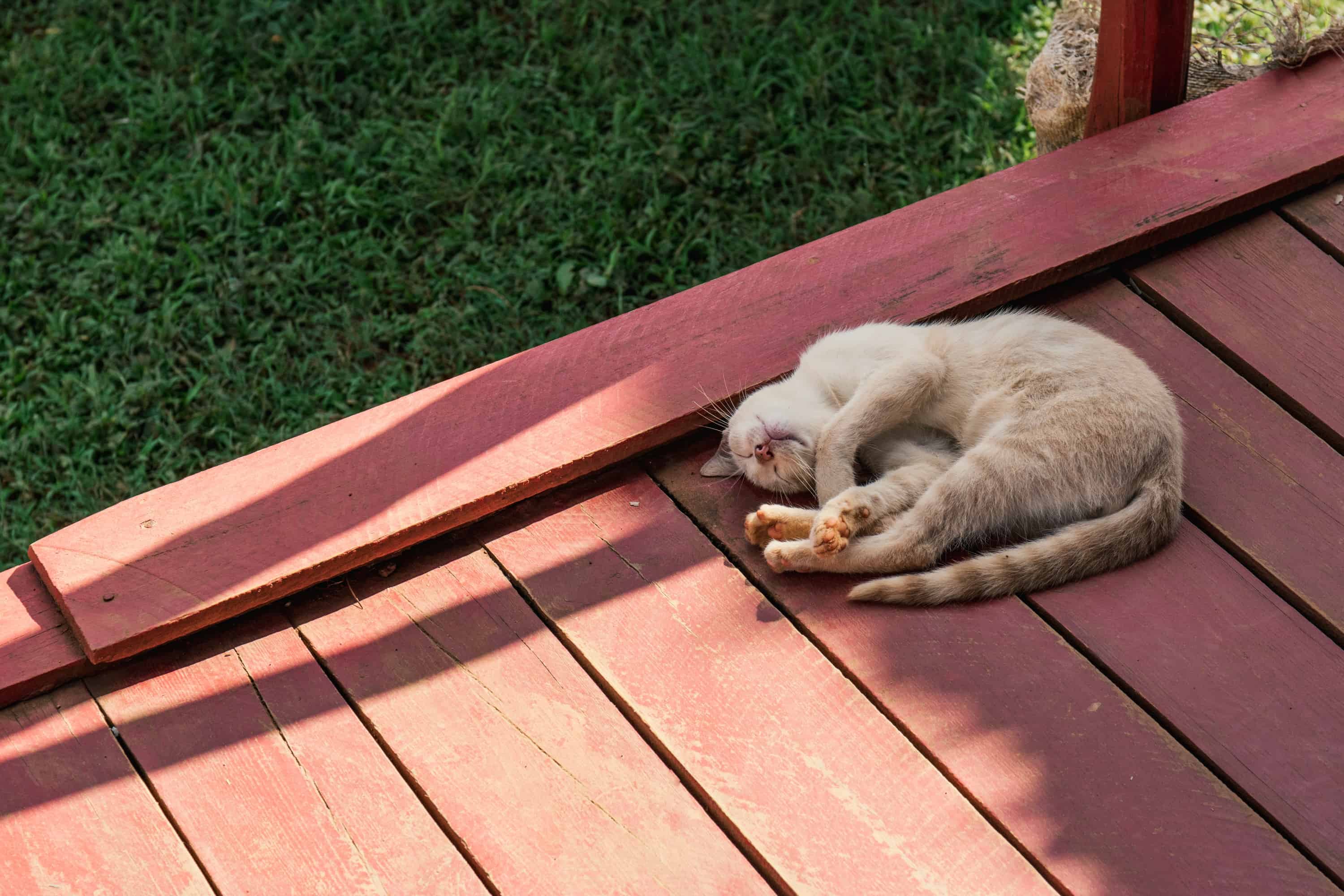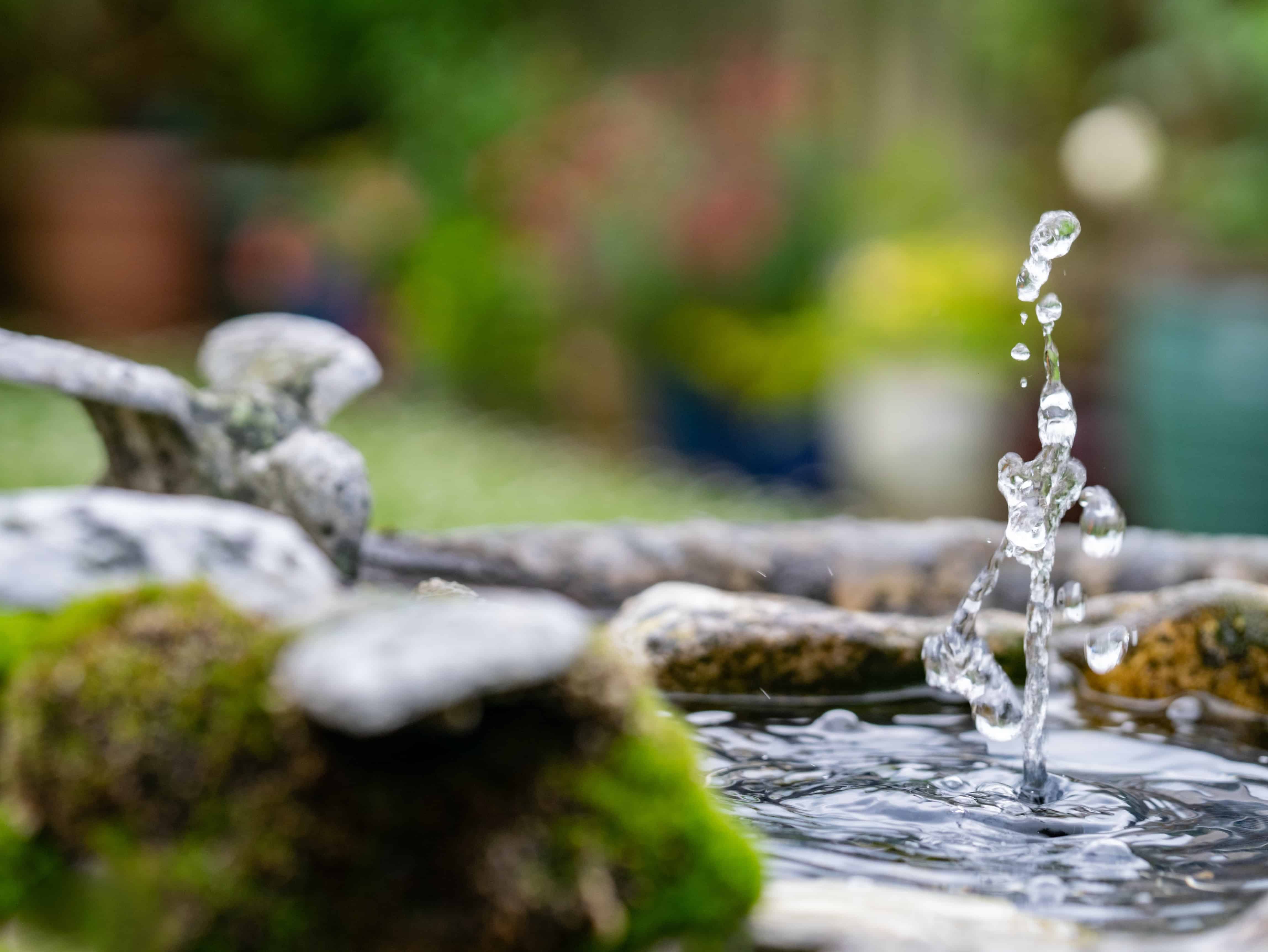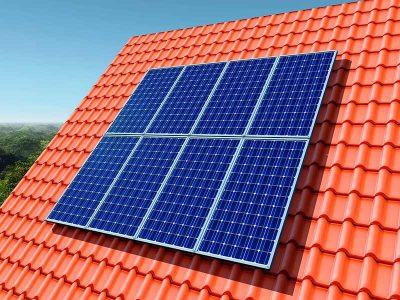Location, access to public transport and a modern kitchen with all the fixtures are important considerations when renting a property. However, over the past year, there’s been a bigger priority for people seeking a new home – a garden.
Having some outdoor space to call their own is something that tenants look for when they’re searching for a rental property, but the lines between who is responsible for what can be blurry.
The solution is a low-maintenance garden that’s easy to keep tidy for landlords and tenants alike. Here’s how to increase demand for your rental property with a hassle-free garden.
Replace fussy flowers with hardy perennials
Whilst a garden filled with stunning exotic plants may look striking, you can’t count on finding tenants with the gardening know-how to keep these types of plants alive and thriving, and in the meantime, while you’re looking for tenants, if the plants aren’t tended, to the garden will quickly look a mess.
By switching delicate plants for hardier species, you’ll still be able to provide a garden filled with greenery but without the ongoing task of maintaining them. Resilient evergreens, soft yet long-lasting grasses and shrubs are brilliant choices that can be left alone for the most part, while still adding interest to your outdoor space.
Add low-pressure decking
Whether your future tenants are students, a family with young children or retirees, adding a decking area is an easy way to appeal to different tenants. Decking can be used in a variety of ways, from space for potted plants and herb planters to a social area for entertaining guests or a place to enjoy a cup of coffee in the morning.
Southern Sheeting recommends composite decking for a stress-free solution, stating that it “maintains its good looks for longer and with less effort. It is also less slippery, which may be especially relevant if you have children or elderly people using the deck, more weather resistant and comes in a greater range of colours”.
Minimise the lawn
A picture-perfect lawn may be envy-inducing, but it’s also high-maintenance. A well-manicured lawn needs regular feeding and watering, as well as mowing, which takes up your time as a landlord and will be another task for your tenants when the property is filled. By scaling the lawn back to a minimal area, or choosing artificial grass instead, you and your future tenants will have less to deal with.
It can also help to keep the shape of the lawn simple, to avoid having to deal with awkward corners or angles when mowing, and add a perimeter edge of bricks or paving stones, as this will minimise the need for edge trimming.
Add a water feature
A water feature always looks elegant and creates a focal point for your garden, but most importantly once it’s been installed, it pretty much takes care of itself, so it’s the perfect addition to a low-maintenance garden. It creates a sophisticated, luxury looking space without fuss, and the gentle sounds of water are relaxing for a calming outdoor environment.
Water features bring your garden to life, and they can set a property apart but without the need to constantly tend to them once in place – which is good news for landlords and tenants alike.
Mulch borders
As a landlord, you want a low-maintenance garden that looks after itself most of the time, only needing the odd freshen up now and again. Weeding is a time-consuming task that doesn’t coincide with a stress-free outdoor space. One way you can minimise weeds is by mulching borders, or any other bare soil in the garden between plants.
Mulching means using another material, like gravel or bark chips, to cover the soil which prevents weeds from appearing and therefore saves you or your tenants time when it comes to keeping the garden tidy. It also provides the added bonus of maintaining the moisture in the soil, which means you won’t need to water the garden as much and neither will your tenants when they move in.
Final thoughts
As a landlord, you want to save time and money when it comes to managing your rental properties. Gardens are an attractive prospect for tenants, but the key is to make them as low-maintenance and easy to manage as possible.
Adding hardy plants that are resilient, reducing the amount of lawn that needs to be cared for and finding innovative ways to keep weeds and watering at bay, will all help to ensure your garden looks great without much attention.












